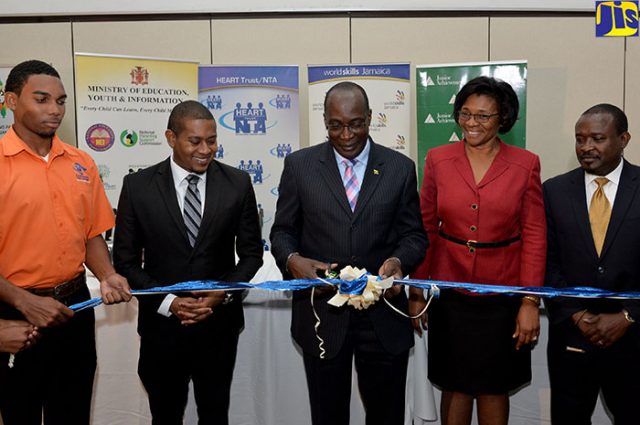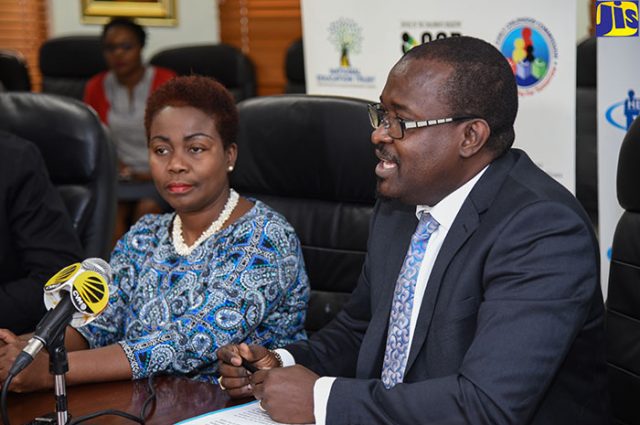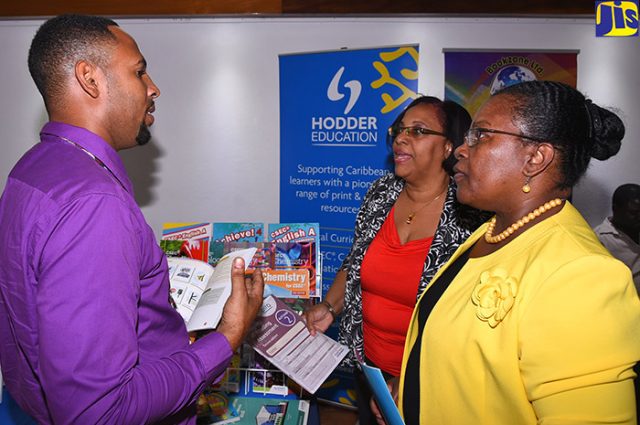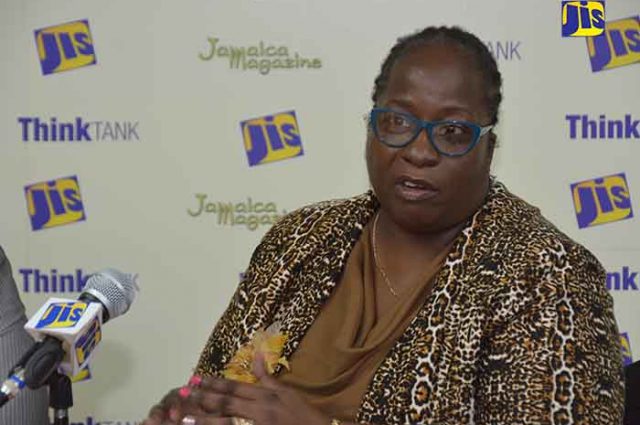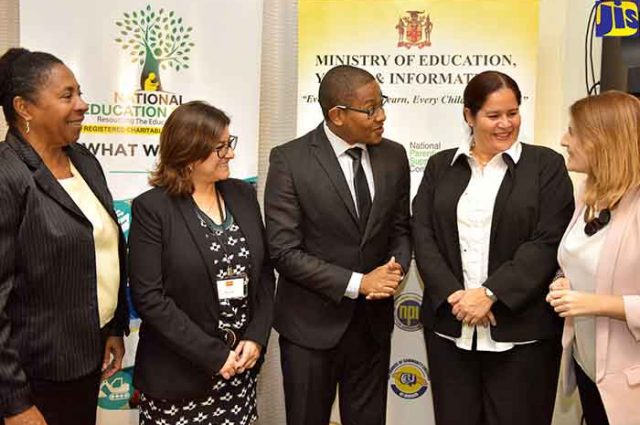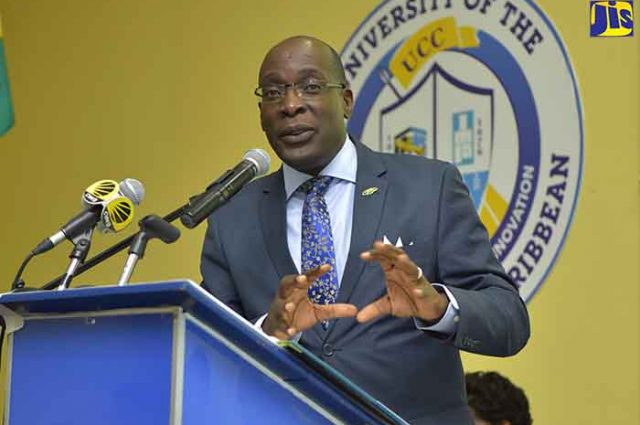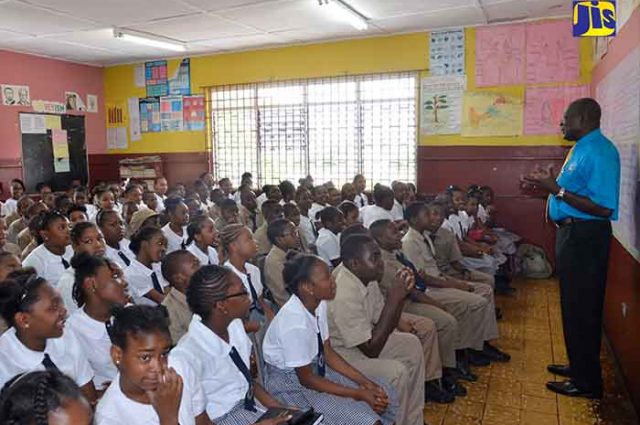JIS: More than 6,000 students will put their technical abilities on display at the 2018 National Careers Week (NCW) and Skills Competition to be held from February 17 to 23 at the National Arena.
Under the theme ‘Building the Future by Guiding the Present, the initiative, organised by the Ministry of Education, Youth and Information in collaboration with public- and private-sector partners, aims to promote and introduce new skills and entrepreneurial opportunities to youth.
It will feature Technical and Vocational Education and Training (TVET) students in the areas of construction and building technology; manufacturing and engineering technology; creative arts and fashion; and transportation and logistics.
Among the skills to be showcased are welding, electronics, visual merchandising, graphic design technology, computer-aided design and cooking.
This year’s staging will see the introduction of a suite of skills, including freight forwarding and logistics, mobile application development, digital animation, robotics and mechatronics.
Minister of Education, Youth and Information, Senator the Hon. Ruel Reid, in hailing the staging of the event, said it emphasises the importance for today’s youth to be trained and certified in specialised skill areas that are in demand in an increasingly competitive labour market.
He was speaking at the press launch on February 1 at the Spanish Court Hotel in New Kingston.
“One of the challenges we have is ensuring that we are properly aligned to new economic opportunities that are available. Out of the 75,000 students enrolled in the tertiary sector, we have over 42 per cent pursuing the social sciences in management and accounts, which means that those graduates may have difficulty finding jobs,” the Minister pointed out.
Senator Reid said the National Careers Week and Skills Competition is part of a Government-led intervention aimed at transforming Jamaica into a skills-driven society.
“(It) is being positioned as the premier event to prepare citizens for their future as they develop new and emerging skills, whether to further education, business or career goals,” he noted.
Other activities for the week include the Jamaica Library Service Expo; Junior Achievement Company of Entrepreneurs’ (JACE) Annual General Meeting/School Career Expo, Leaders Summit and Youth Forum; as well as the Entrepreneurial Expo and Competition.
Other partners in the staging of the event include HEART Trust/ NTA, World Skills, Career Advancement Programme (CAP), and Junior Achievement (JA) Jamaica.
CAPTION: Education, Youth and Information Minister, Senator the Hon. Ruel Reid (centre) cuts the ribbon to launch the National Careers Week and Skills Competition on Thursday ( February 1) at the Spanish Court Hotel in New Kingston. State Minister for Education, Hon. Floyd Green (second left), looks on. Others observing (from left) are HEART Trust/NTA National Vocational Qualification (NVQ) level 3 construction student, Paul Staple; Interim Managing Director, HEART Trust/NTA, Dr. Janet Dyer; and Chairman of HEART Trust, Edward Gabbidon.


